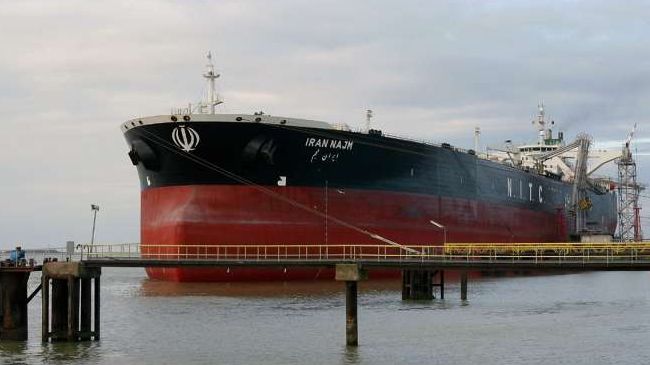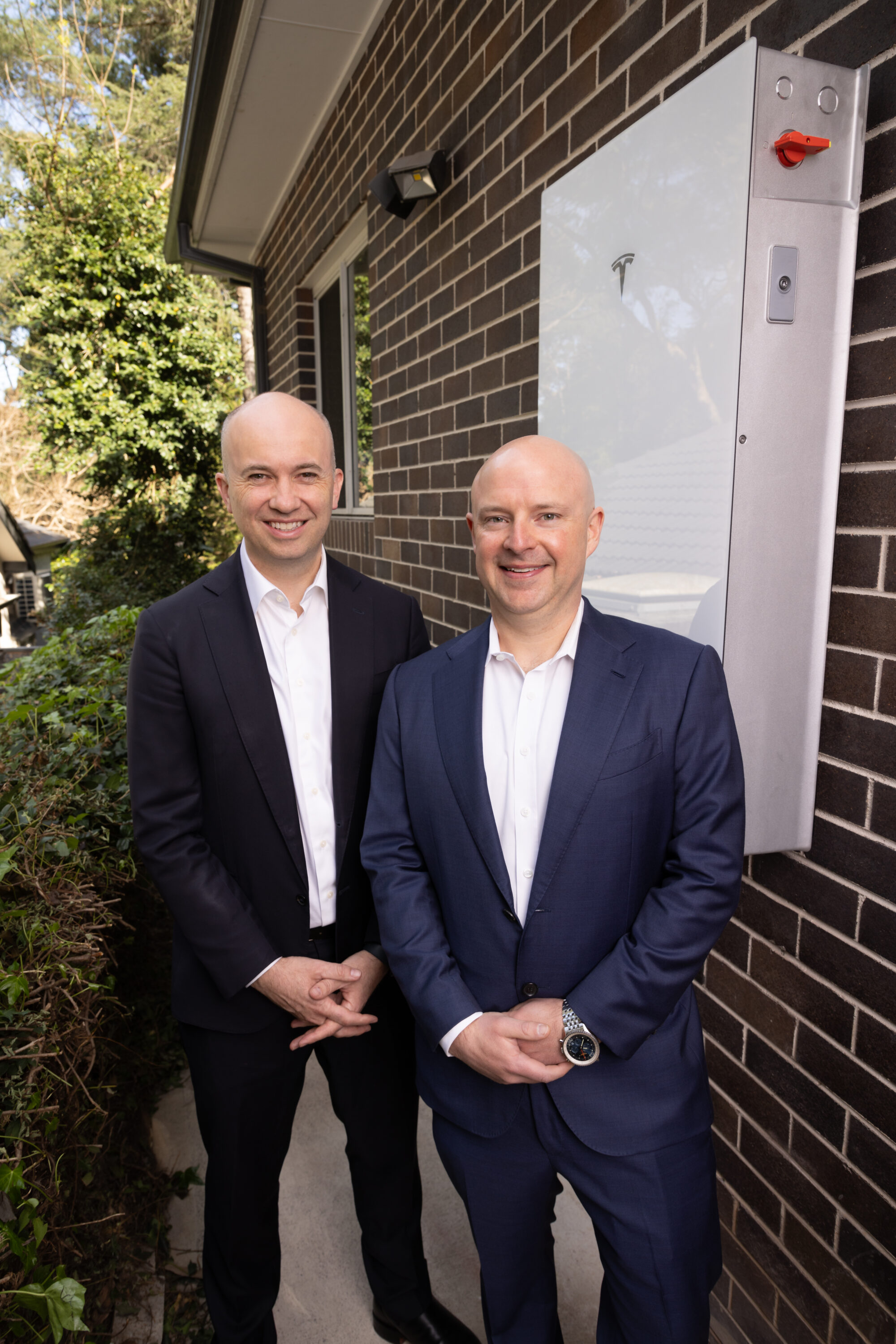
By George Hay and Yawen Chen
(Reuters Breakingviews) – The Middle East’s key generator of instability just got even harder to read. As demonstrated by its recent missile attacks on Israel, Iran is one of the main reasons why global investors hesitate to commit too much capital to the region. The death of President Ebrahim Raisi in a Sunday helicopter crash amps up this uncertainty.
Despite the title, the role of president is of secondary importance in the Islamic Republic. Elected every four years, the office has been held by reform-minded figures like Hassan Rouhani and conservative hardliners like Raisi, who took over in 2021. The main influence on foreign policy matters and most decisions of import is Supreme Leader Ali Khamenei, who has been in charge since 1989.
Even so, Raisi shares some of the blame for Iran’s collapsing currency and 40% inflation in recent years. Whoever takes over will be similarly weighed down by U.S. sanctions, which prevent Tehran from exporting the 3 million barrels of oil a day it theoretically could. They will also inherit a dysfunctional domestic economy in which a big chunk of activity is controlled by the Islamic Revolutionary Guard Corps (IRGC), a military grouping which itself is subject to U.S. sanctions.
That backdrop limits foreign investors’ interest in Iran beyond the notable exception of Beijing, which buys the vast majority of the Islamic Republic’s 1.6 million barrels of daily oil exports. However, Raisi was a leading contender to become Supreme Leader whenever the 85-year-old Khamenei dies.
The Supreme Leader is elected by the Assembly of Experts, an 88-strong body whose members had their own last election in March. Given voter turnout was a historically low 41% and moderates like Rouhani were barred from running, it has become more conservative. The risk is that the assembly ends up endorsing Mojtaba Khamenei, the Supreme Leader’s son, or a candidate seen as too close to the IRGC. Neither would be popular with many Iranians.
The biggest uncertainty, however, is how an Iran with a new Supreme Leader for the first time in over three decades might act on key geopolitical questions, like potential conflict with Israel. Regardless of Khamenei’s rhetoric, his longevity arguably helps dampen investors’ fears about what might happen in the Middle East. Raisi’s death removes the only replacement who would have qualified as a known quantity.
Follow @gfhay and @ywchen1 on X
CONTEXT NEWS
Iranian President Ebrahim Raisi, a potential successor to Supreme Leader Ayatollah Ali Khamenei, was killed in a helicopter crash in mountainous terrain in Iran’s Varzeqan region near the Azerbaijan border, Reuters reported on May 20, citing Iranian officials and state media.
The helicopter carrying Raisi, Iranian Foreign Minister Hossein Amirabdollahian and six other passengers and crew crashed on May 19 as Raisi returned from an official visit to the border with Azerbaijan in Iran’s northwest.
Iran’s Supreme Leader Ali Khamenei announced on May 20 Iran’s First Vice President Mohammad Mokhber will serve as the interim head of the country’s executive branch.
Iran now has a maximum period of 50 days before a presidential election must be held to choose Raisi’s successor.
The price of a barrel of Brent Crude oil was down 15 cents, or 0.18%, to $83.83 by 0948 GMT on May 20.
(Editing by Peter Thal Larsen and Oliver Taslic)
Share This:




